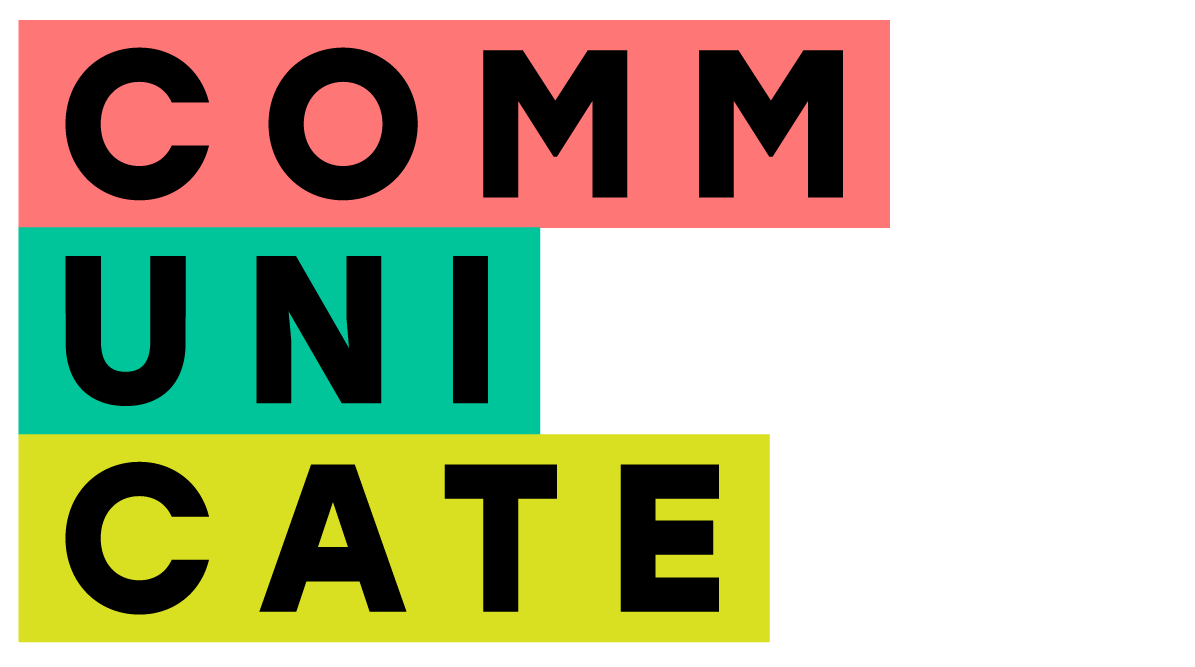Speak Up & Communicate Inclusively
Happy National Inclusion Week! 🎉
At Communicate Inclusively, we're excited to spotlight the importance of speaking up as part of fostering inclusive environments. Now, more than ever, it’s crucial to stand against rising discrimination, including racism and islamophobia, and take proactive steps to ensure everyone feels welcome and valued.
Why Speaking Up is Crucial
We all know it can be uncomfortable to challenge hurtful comments or behaviours—fear of conflict, making mistakes, or causing discomfort can hold us back. But silence perpetuates harm. By speaking up, we can directly confront stereotypes, microaggressions, and discriminatory actions, making a real difference in our workplaces, homes, and communities.
Speaking up creates safe spaces for marginalised voices and helps drive lasting societal change. By being active allies, we dismantle barriers and work toward a world that's fairer, more understanding, and truly inclusive.
Practical Ways to Speak Up
Here are some real-life situations where your voice can make an impact, along with suggestions for how to respond:
Stereotypes
Scenario: “All people from [country] are [stereotype].”
Response: “Stereotypes can diminish individuals and limit how we see people. Let’s avoid generalisations and respect each person’s unique identity.”Microaggressions
Scenario: “You speak English well for someone not from here.”
Response: “That comment might seem harmless, but it can reinforce negative stereotypes and make someone feel they don’t belong. Let’s be mindful of the impact our words have.”Privilege
Scenario: “Everyone has equal opportunities.”
Response: “In reality, not everyone starts from the same place. Systemic inequalities mean some people face more challenges, and recognizing that helps us work towards fairness.”Tokenism
Scenario: “We hired [person] to meet our diversity quota.”
Response: “True inclusion is more than numbers; it’s about creating an environment where everyone’s contributions are genuinely valued.”Name Pronunciation
Scenario: “Their name is just so difficult to pronounce. I'll just call them [X]"
Response: "It's understandable that names can be tricky, but it's important to make an effort to pronounce them correctly. Mispronouncing someone's name can make them feel disrespected or overlooked. By making an effort to learn and remember names, we show that we value and respect individuals.”Pronouns
Scenario: "I don't understand why people want to use different pronouns. It's so confusing."
Response: "Using someone's correct pronouns is a basic sign of respect. It shows that you acknowledge and value their identity. Everyone deserves to be addressed in a way that feels comfortable and accurate to them. It's important to listen and learn, and to avoid making assumptions based on someone's appearance or name.”Allyship
Scenario: “I want to help but don’t know how.”
Response: “Being an ally starts with listening, learning, and using your privilege to support marginalised voices. Action is key—even small steps make a difference.”
Boosting Confidence to Speak Up
Speaking up might feel daunting, but remember—small actions can make a big impact. Each time you stand against exclusion or offer support, you're making the world a more inclusive place. Building confidence takes practice, and starting with these everyday scenarios can help.
Be Part of the Change
At Communicate Inclusively, we’re passionate about helping organisations create cultures that embrace speaking up. Our workshops and training programmes are designed to help you:
Master inclusive communication techniques.
Cultivate respect and understanding in your teams.
Build processes that drive inclusivity.
Empower everyone in your organisation to feel valued.
As we celebrate National Inclusion Week, let's all commit to being proactive allies and voices for inclusion. For more details about how we can support you in creating a more inclusive workplace, feel free to email us or book a call. Together, we can create a more welcoming world for all. 🌍
#NationalInclusionWeek #SpeakUp #DEI #Allyship #EqualityForAll #InclusiveWorkplaces
